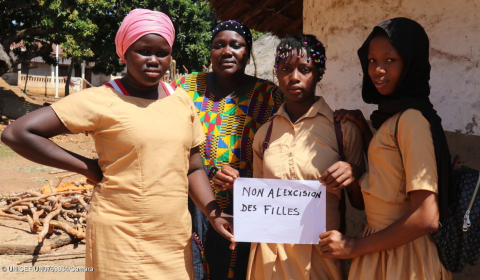Over the past weeks, freak rain storms have brought devastating floods to Australia. Spreading from Queensland to NSW, and now Sydney, residents have been urged to flee their homes as a civilian death count rises.
A record-breaking ‘rain bomb’ has destroyed entire communities across Australia’s Eastern coast. Torrential rainfall has triggered flash flooding powerful enough to wipe out houses and business, displacing thousands across Queensland, New South Wales, and Sydney’s Northern Beaches.
Major towns and suburbs have subsequently been cut off as roads and farms are submerged, causing major disruption to travel and leaving both food and fuel in short supply.
Dean Narramore, forecaster for the Bureau of Meteorology, has warned that a ‘tough 24 hours or even 48 hours’ lies ahead, with up to five inches of rain predicted to fall across Sydney in the coming days.
The devastation has led to mass evacuations across the East coast. 40,000 people were reportedly given evacuation orders over the past week. 20,000 homes have flooded and 20 people have died.
A 67-year-old woman and her son were found dead near an abandoned car in western Sydney last week. Both had been trapped in a stormwater canal, with another man confirmed dead by Queensland police on Monday. He had been reported as missing since the floods began in late February.
From within and beyond the country’s borders, Australians and their loved ones have shared harrowing calls for support. Australian actor Maia Mitchell is amongst those who have used social media to engage the global community.
‘This week my hometown [Lismore] and its surrounding region was hit by a record breaking flood that has left the town in ruins and thousands homeless’ Mitchell stated in an emotional Instagram post. Members of Lismore have reportedly been forced to wait on their roofs for rescue, facing water, food, and fuel shortages and a clean-up that Mitchell stated ‘has to be seen to be believed’.
The displacement of so many Australian citizens has left thousands stranded, their homes almost entirely submerged, local businesses destroyed, and belongings buried beneath meters of rainwater.
As a result, a housing crisis is now sweeping Eastern Australia. Residents are calling out the Australian government for its ‘pitiful official response’ to the disaster. News coverage may be waning, but the worst is still to come for those facing relocation, the rebuilding of their homes and the salvage of entire communities.
Thousands remain without power or phone service, and evacuation centres are beginning to overcrowd, raising concerns about COVID-19.




















